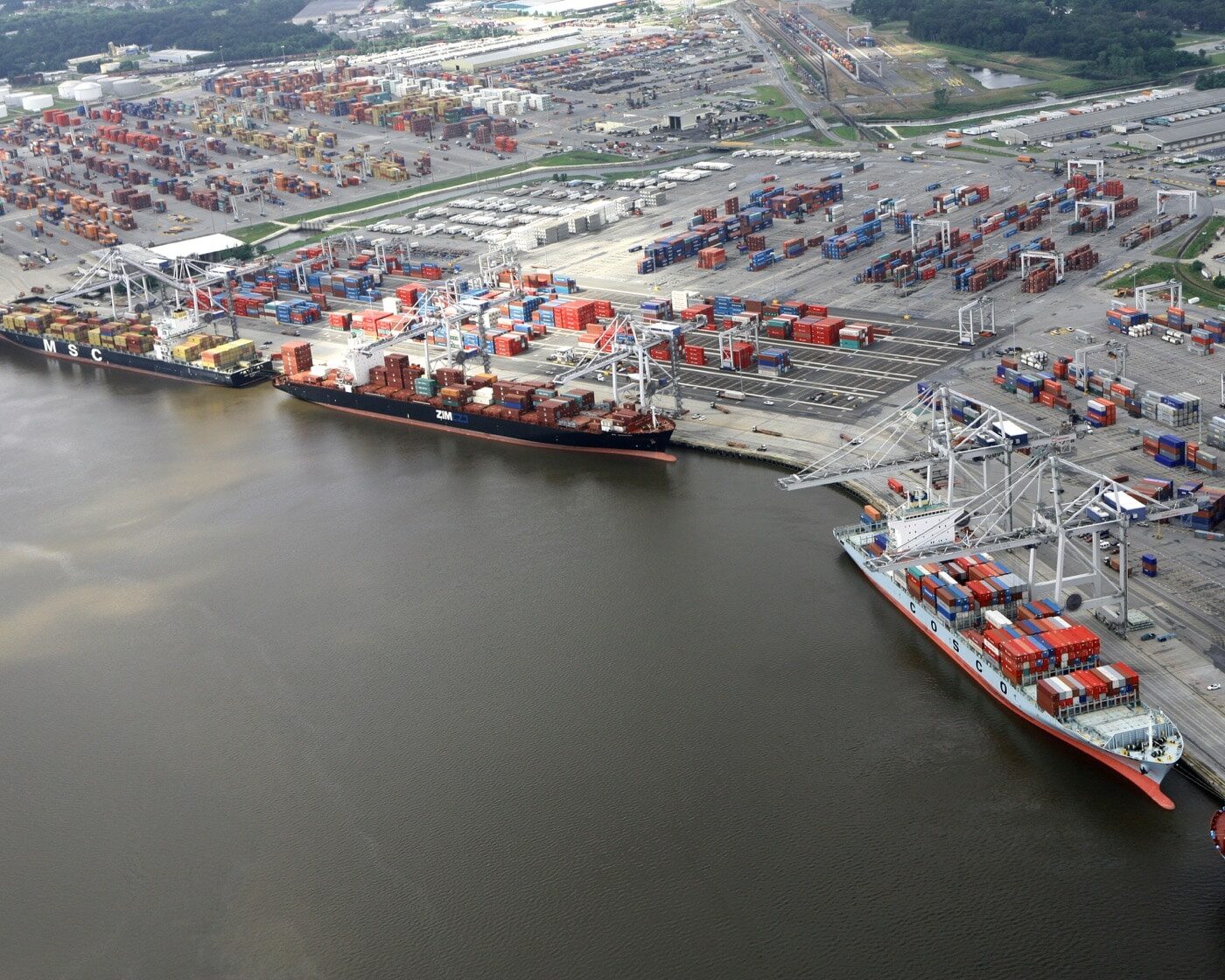After a tense three-day standoff, dockworkers across the East and Gulf coasts—including at Georgia’s busy ports—are heading back to work. The International Longshoremen’s Association, which represents nearly 50,000 workers, agreed to pause their strike after securing a tentative deal on wage increases. The union and the United States Maritime Alliance now have until January 15 to hammer out a final six-year contract, meaning Georgia’s ports in Savannah and Brunswick, key hubs for everything from auto parts to retail goods, are back in business—for now.
Why It Matters: The strike was more than just an inconvenience. For a few days, it seemed like supply chain problems were coming. The strike’s quick resolution has left some of your neighbors in The Peach State with egg on their faces and less money in their bank accounts. The strike prompted panic buying and concerns over shortages, with some people doing the pandemic thing again—hoarding toilet paper like we were facing the end of days. But those fears were misplaced.
With the strike suspended, the economic fallout has been minimal, and manufacturers can now breathe easier as their supply lines reopen. If you do notice a short supply of toilet paper at your local Sam’s Club or grocery store, that is the fault of your hoarding neighbors and not the strike.
What Triggered the Strike: The walkout, which began at midnight on October 1, was the first national strike by the longshoremen in almost 50 years. Workers demanded better wages and protections against job losses due to automation—an issue that has been at the heart of labor disputes globally. While both sides made progress on wages (with reports indicating a 62% wage increase over six years is on the table), the automation issue remains unresolved.
What’s Next?: Ports are back in operation, but the January 15 deadline looms large. If negotiations fall apart before then, we could see another strike.
Thom Chandler
The Georgia Sun is a news and infotainment website devoted to all things Georgia.


